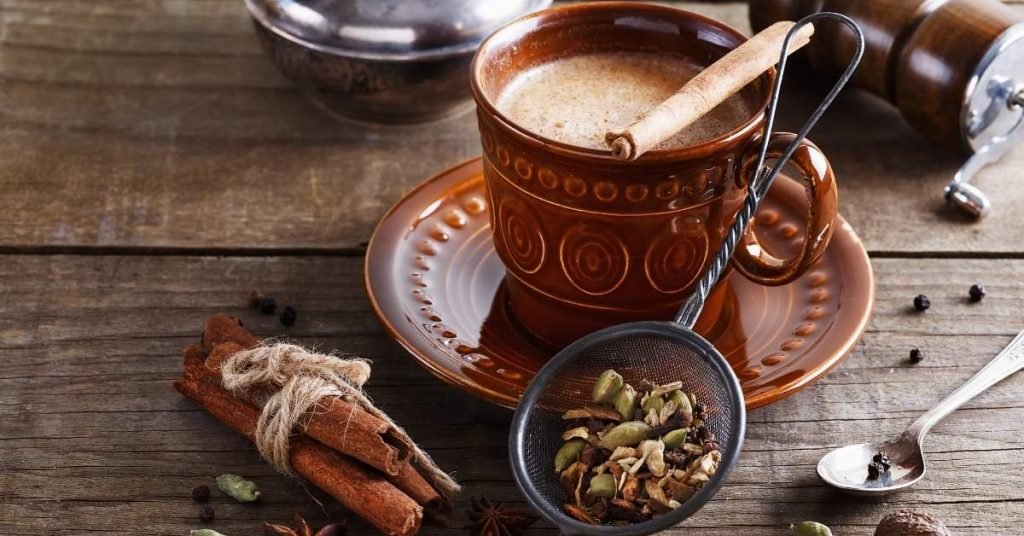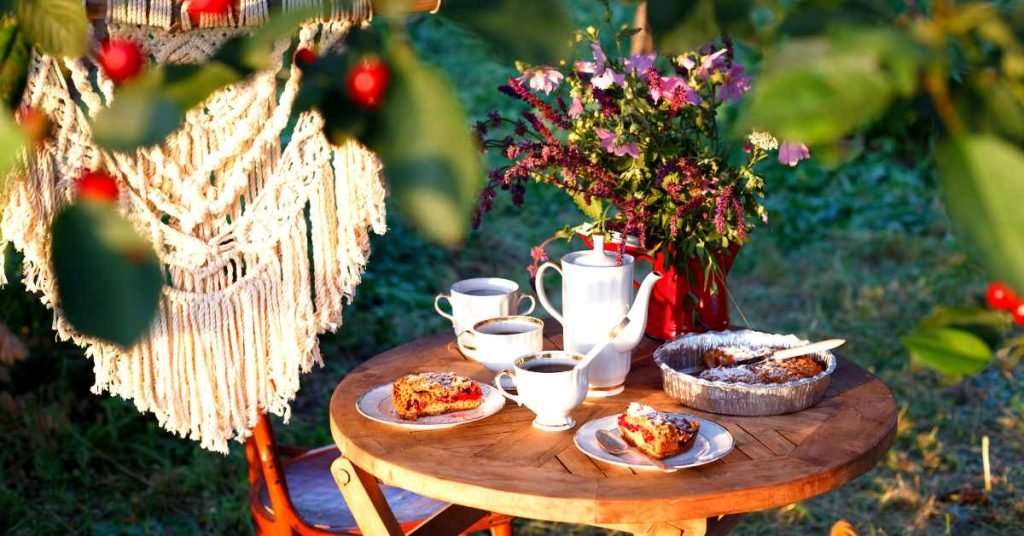Kenya consumes 2 lb of tea per capita per year.
The preferred herbal infusion in Kenya is Chai with milk and sugar.
Kenya exports more tea than Sri Lanka, China, and India.
History of Tea in Kenya
The first records of tea introduction in Kenya date back to the 17th century when Portuguese and Dutch colonizers brought tea to the African country.
With time, Kenya started producing large quantities of tea for domestic use as well as international export.
Believe it or not, over 50% of tea imported to Britain comes from Kenya.
Kenya produces Black tea and most of it comes from the Rift Valley Province.
Tea Culture in Kenya
Any time of the day is tea time in Kenya.
Starting the day with a cup of strong tea is a common thing in the country, while tea is also served during all the meals and the regular teatime that the Kenyans adopted from the British colonial times.
From January to October 2021, Kenya produced 342.4 metric tonnes of tea.
Kenyan Black tea is stronger than other black teas due to the rich, reddish soil that the bushes grow in.
The tea is served in ceramic teacups or mugs and it’s always accompanied by food.
Kenyans consume both first and second flush tea leaves, but most of their tea production is for export uses.
Tea drinking tradition in Kenya is much more than a random non-alcoholic beverage, but it’s rather a welcoming drink that every family prepares in their homes.
MEDICAL DISCLAIMER
Itsnevernotteatime.com cannot and does not contain medical/health advice. The medical/health information is provided for general and educational purposes only and is not a substitute for professional advice.




